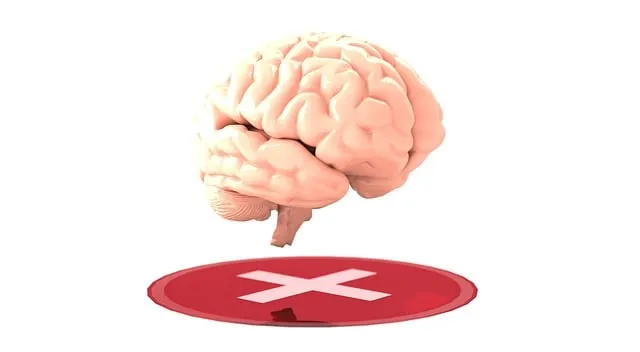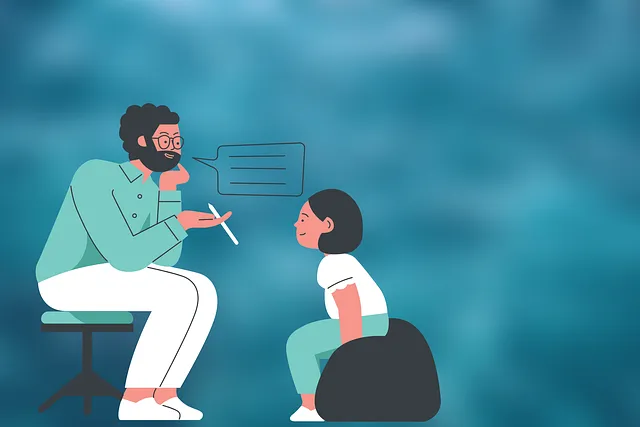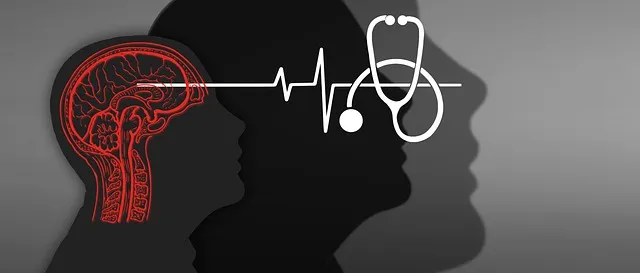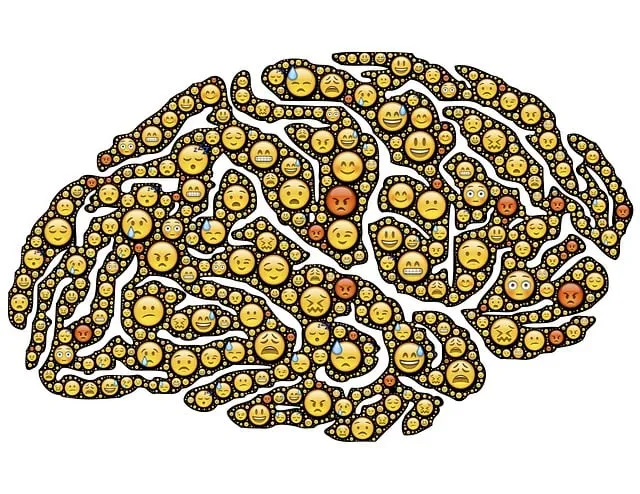The Lone Tree Kaiser Permanente mental health center enhances staff resilience through Resilient Front-line (RFM) Exercises and Cultural Sensitivity training, promoting self-care, stress management, and mental health education. Flexible visiting hours and scheduling improve patient experiences by accommodating diverse lifestyles, encouraging active engagement in care plans, and contributing to better mood management. These innovations prioritize employee well-being, reduce turnover rates, and ultimately enhance patient outcomes.
At the Lone Tree Kaiser Permanente Mental Health Center, resilience is not just a word; it’s a practiced reality. This article delves into the implementation of RFM (Resilience, Flexibility, and Mastery) exercises, highlighting their profound impact on patient mental fortitude. We explore how structured RFM programs, integrated with optimized visiting hours at the Lone Tree facility, enhance patient experiences and foster engagement in their own healing processes. Discover strategies to revolutionize mental health care through these innovative approaches.
- Understanding RFM and Its Impact on Resilience Building
- Implementing RFM Exercises at Lone Tree Kaiser Permanente Mental Health Center
- Optimizing Visiting Hours for Enhanced Patient Experience and Engagement
Understanding RFM and Its Impact on Resilience Building

Resilience is a crucial aspect of mental well-being, especially in demanding professions like healthcare. At the Lone Tree Kaiser Permanente mental health center, understanding this has led to the integration of Resilience and Frequency (RFM) models into their approach to employee support. This model focuses on fostering resilience by identifying individuals’ vulnerabilities and strengths, particularly in high-stress environments. By implementing RFM, the center aims to enhance staff members’ ability to cope with challenges, reduce burnout, and promote overall mental health.
The RFM strategy is a game-changer in preventing burnout, a prevalent issue among healthcare providers. Through tailored exercises and programs designed to build resilience, the center encourages employees to navigate their professional journeys with enhanced coping mechanisms. This proactive mental health education is particularly relevant during extended working hours at the Lone Tree Kaiser Permanente facility, ensuring staff are equipped to handle the unique pressures of their roles.
Implementing RFM Exercises at Lone Tree Kaiser Permanente Mental Health Center
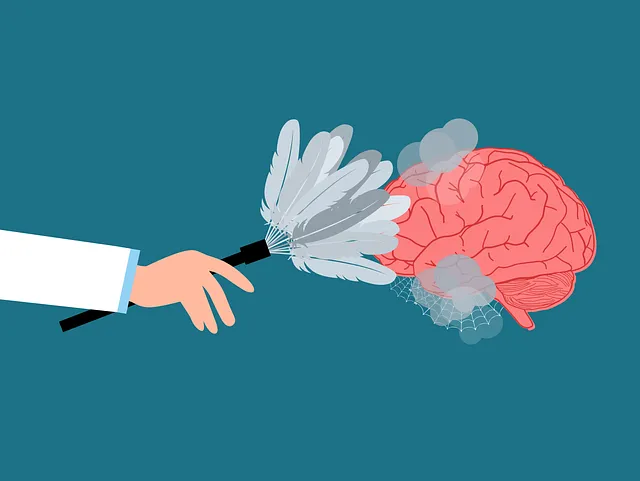
At Lone Tree Kaiser Permanente Mental Health Center, implementing Resilient Front-line (RFM) Exercises has been a game-changer in fostering a robust and resilient work environment. These exercises, tailored to address burnout prevention among mental health professionals, have significantly enhanced staff morale and patient care. The center’s commitment to integrating Cultural Sensitivity in Mental Healthcare Practice is evident through these initiatives, ensuring that every patient receives care that respects their unique background and needs.
The RFM Exercises are designed with a focus on mental health education programs, incorporating interactive sessions that promote self-care and stress management techniques. With scheduled visiting hours carefully managed, staff members now have dedicated time for these exercises, leading to improved job satisfaction and reduced turnover rates. This proactive approach not only benefits the healthcare workers but also translates into better patient outcomes, as a well-cared-for workforce is better equipped to provide compassionate and effective treatment.
Optimizing Visiting Hours for Enhanced Patient Experience and Engagement

At Lone Tree Kaiser Permanente mental health center, optimizing visiting hours is a strategic move to enhance patient experience and engagement. Flexible scheduling options, catering to individual needs, can significantly improve accessibility for patients seeking mental healthcare services. This approach respects diverse lifestyles and commitments while ensuring consistent support for those navigating their mental health journeys.
By considering factors such as work schedules, family responsibilities, and transportation availability, the center promotes cultural sensitivity in mental healthcare practice. Additionally, implementing a community outreach program can further strengthen patient engagement. These initiatives not only foster open communication but also empower patients to actively participate in their care plans, ultimately contributing to better mood management.
The implementation of RFM exercises at the Lone Tree Kaiser Permanente Mental Health Center has shown significant promise in enhancing patient resilience. By optimizing visiting hours and fostering a supportive environment, the center is not only improving the patient experience but also promoting long-term mental well-being. This holistic approach to care sets a new standard for mental health facilities, demonstrating that resilience building can be effectively integrated into healthcare operations, particularly at the Lone Tree Kaiser Permanente mental health center visiting hours.
